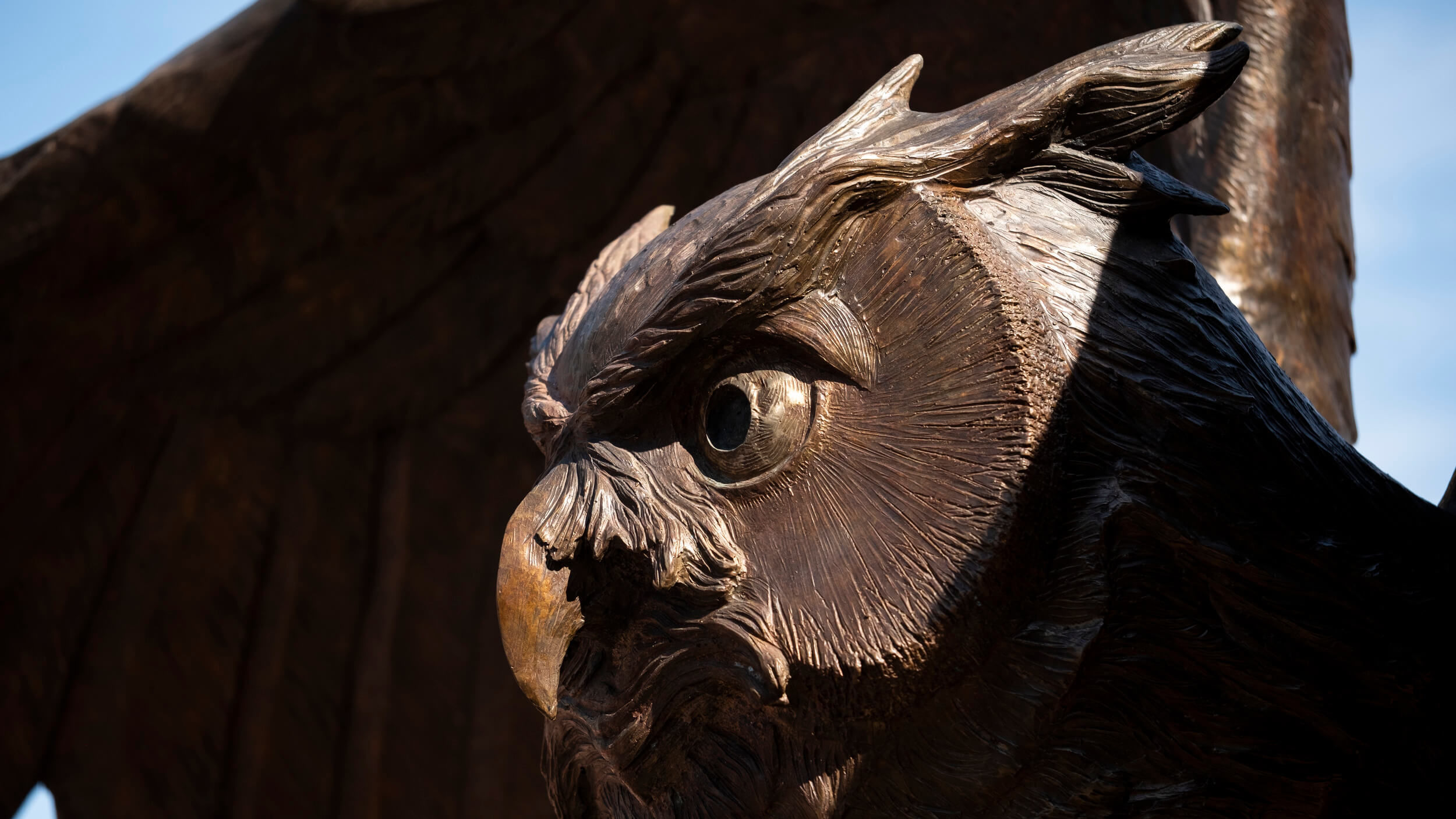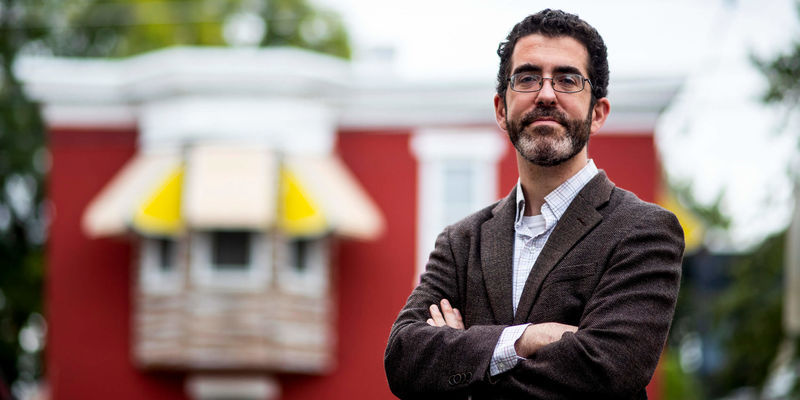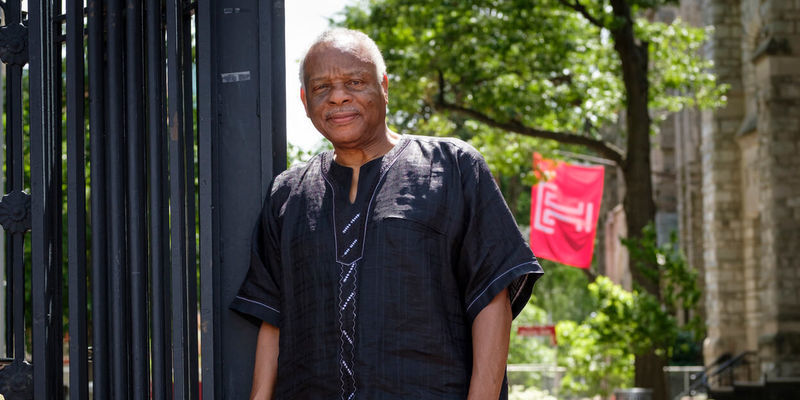Attorney Ben Crump joined TV host LaToya Stroman for in-depth conversation on racial injustice
For Homecoming and Family Weekend 2020, Temple hosted a special conversation between attorney Ben Crump and television host and activist LaToya Stroman.

On Oct. 13, renowned civil rights attorney Ben Crump joined LaToya Stroman, KLN ’12, a producer, television host, activist and vice president of the Los Angeles chapter of the Temple University Alumni Association, for a candid conversation on racial justice and civic engagement.
The event was streamed live as part of Temple’s 2020 Homecoming and Family Weekend.
Crump is one of the most sought-after lawyers for racial justice in the country. He represented the family of Michael Brown and currently represents those of Breonna Taylor, George Floyd, Ahmaud Arbery and Jacob Blake.
In 2012 Trayvon Martin was killed by George Zimmerman, sparking a national outcry. Crump became “the face of the family,” Stroman said, “the voice we all saw.” He first got involved when Martin’s father, Tracy, called to ask him to take on the case.
Listening to Tracy describe how his son had died, Crump decided the facts of the case were so plain, the police would soon arrest Zimmerman and the Martins wouldn’t need his help.
“I’m an officer of the court. I have to believe that the system works for our children too,” Crump said. He asked Tracy to call him back if the police didn’t make an arrest. They didn’t, and so Tracy did.
Before millions signed a petition calling for a full investigation, before President Barack Obama said that if he’d had a son, he would have looked like Martin, “before that, it was just me and the broken-hearted man on the phone,” Crump said. “I had no idea Trayvon would become this historical reference point in U.S. history.”
Martin’s case also illustrates the two justice systems Crump believes exist in the U.S.: one for whites and another for Blacks. African Americans are “dealing not just with the COVID-19 pandemic, but the 1619 pandemic,” he said, referring to when the first enslaved Africans were sold to colonists more than 400 years ago.
Crump pointed to the confirmation hearings for U.S. Supreme Court nominee Amy Coney Barrett, during which Senator Kamala Harris stated that the problem with originalism, in the context of American law, was that when the laws were originally written, Black people were slaves. “If we always followed precedents, our lives would never matter,” Crump said.
He urged people to make their votes count all the way down the ballot, choosing not just a presidential candidate, but also prosecutors they believed would make a difference. “The courts are killing us in America and we’ve got to recognize that,” he said.
Stroman agreed. “If you don’t take anything else out from this,” she said, “vote. Please. All of our lives depend on it.”
Crump also emphasized how the legal system curtails lives. “When you are a marginalized person and you get a felony conviction, your life has changed forever,” he said. “You have to wear that [conviction] for the rest of your life.”
If current trends continue, one in every three African American men will be convicted of a felony, Crump said. He asked the audience to picture a young Black boy close to them, playing with two other Black boys, and imagine which of them would be living as a permanent underclass citizen in 10 to 15 years because of a felony conviction and a system that has targeted Blacks.
“None of our children are immune,” Crump said. “They can all be profiled by this racist justice system so fast it would make your head spin.”
Stroman spoke about how George Floyd’s death had moved many. Friends who aren’t people of color had called her, asking how they could be allies. “I truly believe because people don’t live in our skin, they truly don’t know [what it’s like],” she said.
Black people can’t stop white supremacy alone because they don’t believe they are inferior to whites, Crump said. White people must first completely accept the truth of the preamble to the Declaration of Independence, that all men are created equal and, second, accept that while injustice exists, no one is safe, he said.
“We have to fight and vote for a more just society: one where George Floyd gets to breathe, where Breonna Taylor gets to sleep in peace,” Crump said. “We have to capture this moment and make it into a movement. We have to transform this pain that we feel and make it into power.”
One of his major goals is educating people of color about the legal system. “The only way we’re going to win this war is with intellect”, Crump said. “We have to ensure our children are more intelligent than their oppressors.”
What keeps him fighting is thinking of his enslaved ancestors, who dreamed of a better life for their descendants, and of his children. “We can’t give up on our past and future,” he said.
Watch a recording of this and other Homecoming 2020 events.
—Edirin Oputu


